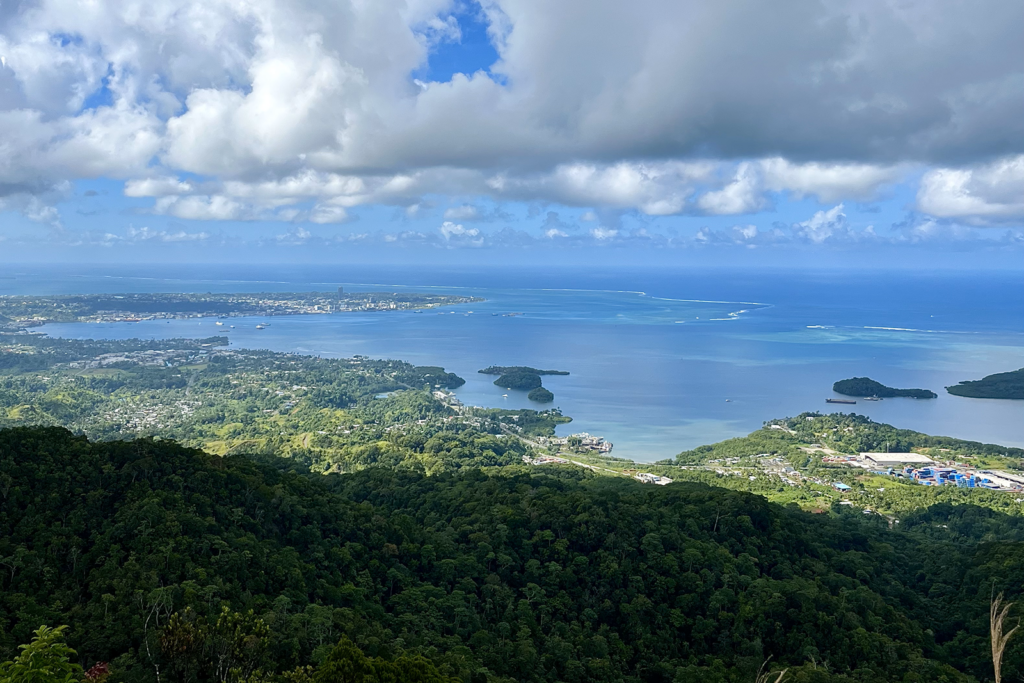Photo credit: István Kéry
By István Kéry, MIPP student
I would like to speak to an important theme of my internship experience: immersion. I think it is important to acknowledge and highlight how immersion has been a crucial element to my learning and development in this internship. I like to think that immersing myself in this international work opportunity has allowed me to get “my nose out of the textbook” and truly apply what I learned in the Master of International Public Policy (MIPP) program. I intentionally applied to the MIPP program in hopes of developing applicable skills and knowledge I could use to carve out a professional path where I could contribute to policy and program work being conducted on the ground. My degree has prepared me well to meaningfully contribute during this internship, but I also recognize that the in-class learning can only take me so far. It is here where immersion has begun to expand my development in order to help me find success and fulfillment in my professional path.
Immersion in the local context has been paramount. After arriving from Canada with an educational background based in that context, my immersion in Fiji has expanded and contextualized my understanding of how climate change impacts the livelihood of people in the Pacific region. For example, in my research, I found Tuvalu was typically tokenized as a victim of complete loss of land from sea-level rise as a result of climate change. Now, I am directly working with representatives from Tuvalu and other low-lying atoll nations in a climate security project, which has resulted in important developments for me. First, I have been moved by, and am learning from, the power of the voice in this region and the steadfast determination to maintain agency and to lead the narrative of the countries’ futures in the face of unprecedented environmental change. Second, being welcomed to directly engage in this dialogue has allowed me to practise living into crucial governance values for which I advocated in my work during the MIPP program.
In addition to immersion in a local context, immersion in project and program implementation within the UN system has allowed me to experience conducting this implementation in the field. In theory, I find the description of the policy cycle and its corresponding phases to be clear and straightforward, but in the field, I am now seeing the challenges and complications that can manifest with project and program implementation. From my immersed experience, one the challenges in the Pacific region that has stood out to me is the sheer size of its geography. As a result, the region faces expensive, limited, and/or indirect travel routes that impact personnel travel and the delivery of project goods and services. For example, flying from Fiji to the Federated States of Micronesia (FSM) one-way can take two days because one needs to first cross the international date line to arrive and stay one night in Hawai’i and then “island hop” for most of the next day before arriving. However, given the UNDP Pacific Office is a multi-country office (MCO) that provides regional and country support to 10 Pacific countries, travel is an essential component to implementation. So, the office is always factoring in this implementation challenge into its operations. Therefore, by immersing myself in the field, and also in the local context, I am learning how the office overcomes these challenges to continue delivering project and program objectives to their beneficiaries.
My development has also directly benefited from immersion in an international context, within an international organization working closely with international colleagues and peers. I recently realized that I have met and/or worked with professionals from 6 continents. What a powerful opportunity to learn and engage with different ways of thinking and experiences, while simultaneously working toward a common development goal in the region. Though it is easier than ever to engage with international research and media content, directly being immersed in, and contributing to, this international network has highlighted to me the power of global cooperation. The diversity of contexts and perspectives from stakeholders in these UNDP programs and projects truly provides comprehensive approaches to project and program implementation that I believe will result in lasting outcomes.
I realize pursuing an internship with a UN agency comes with a certain level of work experience status on paper that can bolster a resumé, but I really encourage those interested in pursuing this form of international work to see beyond the label of the experience. At the core, the immersion of this internship, and placements like it, provides invaluable personal and professional development that complements academic work and I think this combination of experience will result in effective and well-rounded policy practitioners who positively impact the world.
